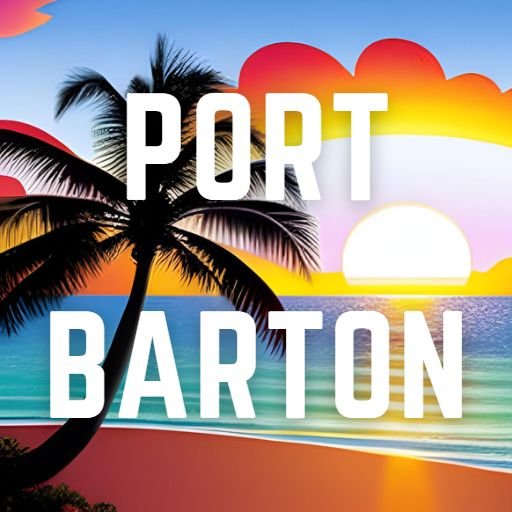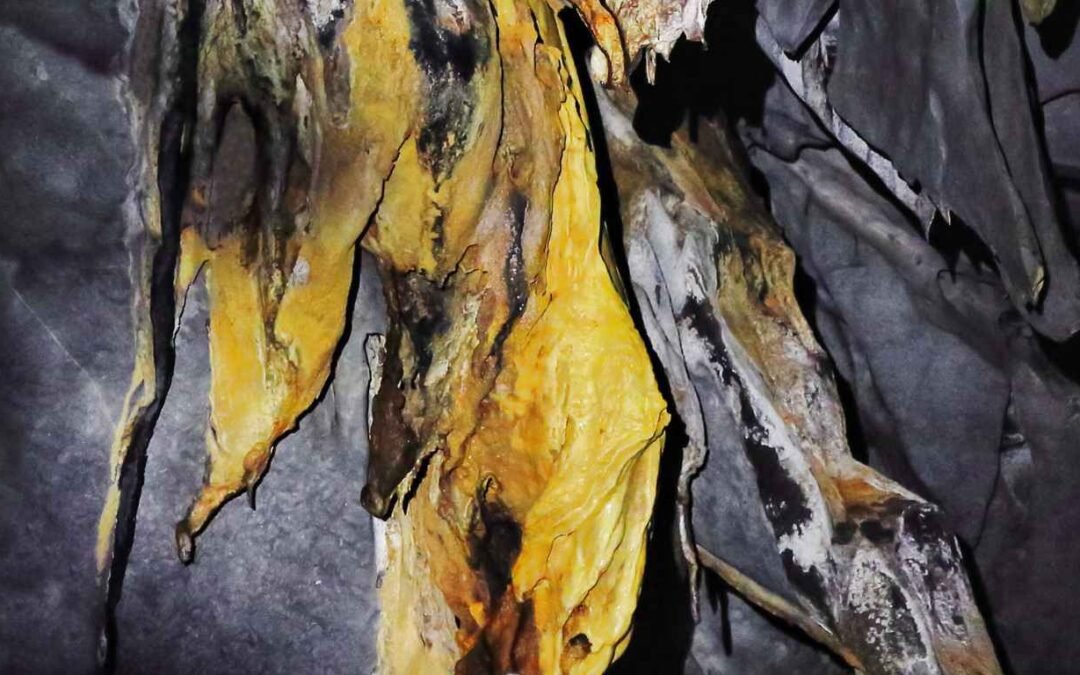Understanding Sustainable Tourism
Sustainable tourism refers to practices and approaches aimed at minimizing the negative impacts of travel on the environment, local communities, and cultures while maximizing the socio-economic benefits to the destination. In the context of Palawan, an area renowned for its natural beauty and biodiversity, this means implementing strategies that protect its delicate ecosystems and rich cultural heritage. Sustainable tourism adheres to a framework that harmonizes the economic growth associated with tourism while ensuring the preservation of natural resources and local lifestyles.
Tourism has become a significant source of income for Palawan, contributing to economic development and providing jobs for many local residents. However, unchecked tourism can lead to environmental degradation, cultural erosion, and the depletion of local resources. Sustainable tourism seeks to mitigate these challenges by fostering a deep-rooted commitment among travelers and industry stakeholders to adopt responsible practices. These practices may include minimizing waste, supporting local businesses, and respecting cultural traditions, ultimately promoting a more responsible travel experience.
Moreover, sustainable tourism encourages tourists to be mindful of their choices when exploring destinations like Palawan. Travelers play a crucial role in shaping the impact of their visits. By opting for eco-friendly accommodations, participating in guided tours that prioritize conservation, and engaging with local communities respectfully, tourists can significantly contribute to preserving the beauty of Palawan for future generations. Awareness of the long-term implications of travel decisions fosters a more conscientious mindset, encouraging visitors to critically assess how their actions affect both the ecosystem and the local way of life.
Choosing Eco-Friendly Accommodations and Tours
When traveling to Palawan, selecting eco-friendly accommodations and tours is essential for supporting sustainable tourism. This beautiful archipelago offers numerous options that prioritize environmental conservation, local community support, and cultural respect. Numerous lodges and hotels in Palawan have implemented sustainable practices, such as reducing waste, conserving energy, and using locally sourced materials. For example, the El Nido Resorts operate several eco-conscious resorts that actively work to minimize their environmental footprint while providing exceptional service to guests.
In addition to high-profile resorts, travelers can find eco-friendly guesthouses, boutique hotels, and homestays that focus on sustainability by employing local staff, promoting eco-friendly activities, and minimizing resource consumption. The use of renewable energy, such as solar panels, is another common practice among these establishments, helping to reduce the overall carbon footprint associated with tourism. Additionally, many of these accommodations encourage guests to engage in practices like reusing towels and limiting water usage during their stay.
When selecting an eco-friendly tour operator in Palawan, it is essential to research those that demonstrate a commitment to sustainable practices. Look for operators who follow responsible wildlife tourism principles, minimize environmental impact, and prioritize community involvement. Certifications, such as the ASEAN Green Hotel Standard or membership in organizations like the Global Sustainable Tourism Council (GSTC), can serve as indicators of an operator’s dedication to eco-conscious principles.
Reading traveler reviews can also be beneficial in discerning the level of sustainability practiced by various accommodations and tour providers. By sharing your experiences and supporting businesses that prioritize sustainable tourism, you contribute to the preservation of Palawan’s natural beauty and cultural heritage for future generations to enjoy.
Practicing Responsible Travel Habits
When visiting magnificent destinations such as Palawan, it is essential to adopt responsible travel habits that support sustainable tourism and protect the region’s unique environment. Here are some practical tips for travelers aiming to minimize their ecological footprint while enjoying the natural beauty of this stunning archipelago.
One of the simplest yet most impactful actions travelers can take is to use reusable items. Opt for reusable water bottles, bags, and containers instead of single-use plastic options. This small change can significantly reduce plastic waste, which is crucial in fragile ecosystems like Palawan. Additionally, consider carrying a set of reusable straws and cutlery to limit the consumption of disposable alternatives.
As you prepare for outdoor activities, remember to choose reef-safe sunscreens. Conventional sunscreens often contain harmful chemicals that can damage coral reefs and marine life. Look for environmentally-friendly options that are labeled as “reef-safe” to ensure you are protecting the vibrant underwater ecosystems that make Palawan a popular destination for snorkeling and diving.
Engaging with natural spaces responsibly is crucial in minimizing your impact on local wildlife and habitats. When snorkeling or diving, always be mindful of your surroundings. Avoid touching or stepping on coral reefs, as they are delicate organisms that take years to grow and can be easily damaged. If you are hiking, stick to marked trails to prevent soil erosion and protect native flora. Additionally, be cautious not to disturb wildlife and maintain a respectful distance from animals you encounter.
By adopting these sustainable practices during your travels in Palawan, you can play a vital role in preserving its breathtaking landscapes and ecosystems for future generations. Remember that your actions contribute to the overall effort of supporting sustainable tourism in this beautiful region, ensuring it remains a paradise for all who visit.
Supporting Local Communities and Preserving Culture
Visiting Palawan offers tourists an exceptional opportunity not only to witness breathtaking natural landscapes but also to engage with the vibrant local culture. Sustainable tourism in Palawan encourages visitors to respect and support the local communities, which often depend on tourism for their livelihoods. One effective way to provide economic support to these communities is by purchasing souvenirs and handicrafts made by local artisans. By choosing authentic products over mass-produced items, travelers contribute directly to the economy and help preserve traditional crafting techniques that are part of the region’s cultural heritage.
Participating in cultural experiences allows tourists to gain insights into the daily lives and traditions of the Palawan people. Engaging in activities such as cooking classes, dance workshops, or guided tours led by local residents fosters a deeper appreciation for the customs and history of the area. This not only enriches the travel experience but also empowers local communities by giving them a platform to share their unique stories and traditions. Sustainable tourism practices promote respectful interaction, allowing visitors to connect with the culture genuinely and personally.
Additionally, making a conscious effort to support local food markets enhances the sustainable tourism experience while simultaneously benefiting local economies. Eating at establishments that source ingredients from nearby farmers and fishermen ensures that the economic benefits of tourism flow into the local community. Moreover, it offers tourists a taste of authentic Palawan cuisine, further emphasizing the significance of cultural respect during their stay.
Ultimately, fostering a respectful relationship with local communities, engaging in cultural experiences, and supporting local artisans and markets are crucial aspects of sustainable tourism in Palawan. By doing so, visitors not only enrich their travel experiences but also ensure the preservation of the unique cultural heritage that makes Palawan so special.

